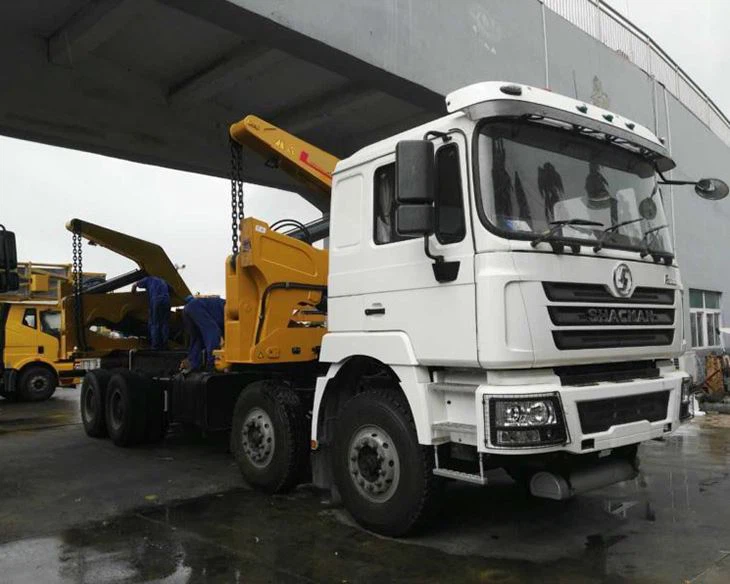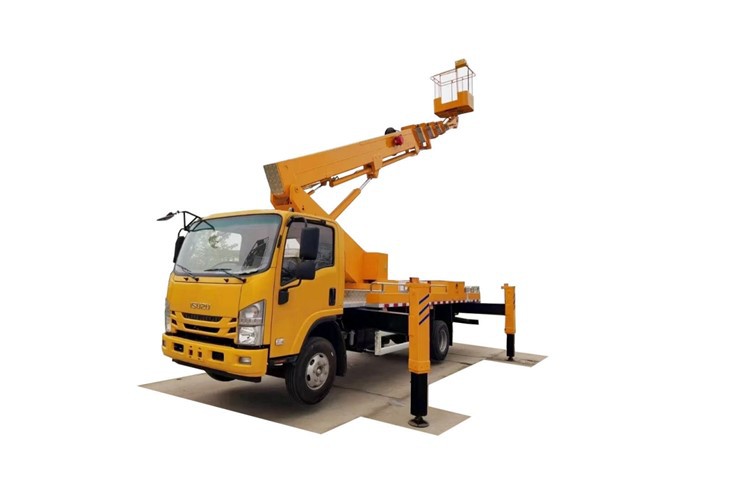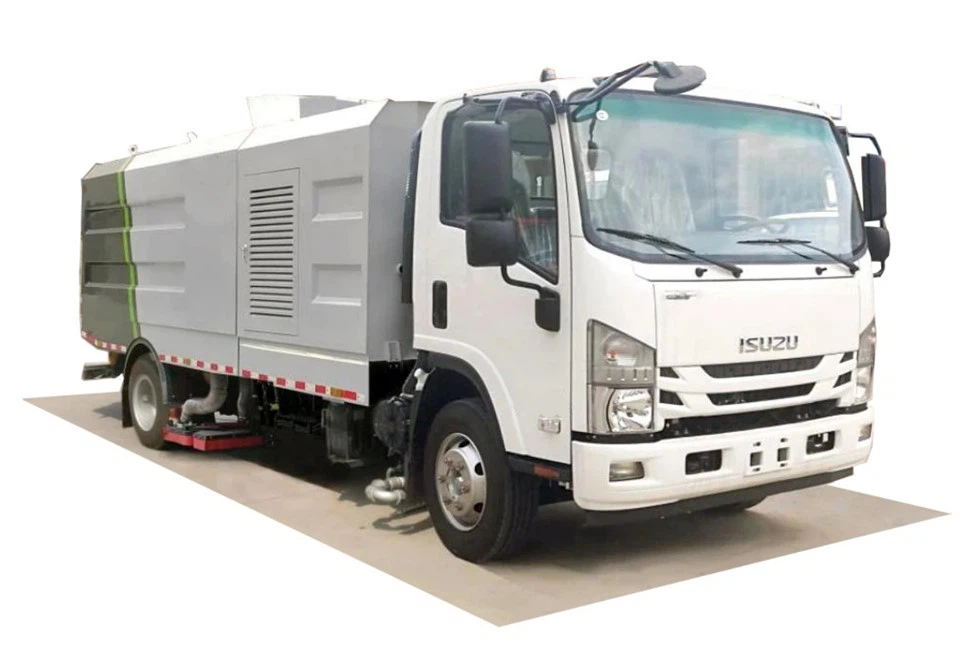Dennis Eagle: A Leader in Refuse Collection Vehicles

Dennis Eagle is a prominent name in the refuse collection vehicle industry, known for designing and manufacturing vehicles that enhance the efficiency of waste management. Since its inception, the company has been dedicated to producing high-quality vehicles that meet the demands of urban environments. In this article, we will explore various aspects of Dennis Eagle, from its history and product offerings to its impact on sustainability and customer satisfaction.
The History of Dennis Eagle
Dennis Eagle was founded in 1907, initially focusing on building commercial vehicles. Over the decades, the company has carved out a niche primarily in the refuse collection vehicle sector. By 1997, Dennis Eagle had introduced its first fully integrated refuse collection vehicle, which significantly streamlined waste management processes. The company has evolved with technological advancements, consistently pushing the boundaries of innovation in vehicle design.
Key Milestones in Dennis Eagle’s Journey
- 1907: Establishment of the Dennis Brothers Company.
- 1960s: Expansion into specialized vehicles, including refuse collection.
- 1997: Launch of the first fully integrated refuse collection vehicle.
- 2020: Major advancements in electric vehicle technology.
Dennis Eagle’s Product Offerings
Dennis Eagle offers a range of refuse collection vehicles designed for various waste management needs. Their product line is characterized by reliability, efficiency, and a commitment to reducing environmental impact.
Types of Vehicles
1. Rear Loader Vehicles
Rear loader vehicles are designed for efficient waste collection in urban environments. They can navigate narrow streets and offer excellent waste capacity.
2. Side Loader Vehicles
These vehicles allow for one-sided collection of waste, which is beneficial in areas with limited access points. They are easier to operate and reduce the need for manual handling.
3. Front Loader Vehicles
Front loader vehicles are typically used for commercial waste collection. Their robust design makes them ideal for heavy-duty waste management tasks.
4. Electric and Hybrid Vehicles
Dennis Eagle has embraced the shift towards sustainable solutions by developing electric and hybrid vehicles, reducing carbon emissions and noise pollution.
Technological Innovations
Dennis Eagle prioritizes innovation in its vehicle design to improve efficiency and reduce environmental impact. With the integration of cutting-edge technology, Dennis Eagle vehicles come equipped with features that enhance operational capabilities.
Telematics Systems
Telematics systems are integrated into Dennis Eagle vehicles for real-time tracking and performance monitoring. This allows fleet managers to optimize routes and improve efficiency.
Advanced Suspension Systems
Innovative suspension systems in Dennis Eagle vehicles improve ride quality and reduce wear and tear. This technology helps maintain the integrity of the vehicle and the safety of the operators.
Safety Features

Safety is paramount in refuse collection. Dennis Eagle incorporates several safety features such as cameras, side sensors, and advanced braking systems, ensuring the safety of both operators and pedestrians.
Sustainability Efforts
As environmental concerns heighten, Dennis Eagle remains committed to developing sustainable waste management solutions. The company is focused on reducing the ecological footprint of its vehicles.

Emission Reduction
Dennis Eagle has developed vehicles that comply with stringent emission standards. This commitment to sustainability is evident in their range of diesel and alternative fuel vehicles.
Recyclable Materials
The company also utilizes recyclable materials in its vehicle manufacturing process, further supporting the circular economy and reducing waste.
| Vehicle Type | Fuel Type | Emissions Standard |
|---|---|---|
| Rear Loader | Diesel | Euro 6 |
| Electric Side Loader | Electric | Zero Emissions |
| Hybrid Front Loader | Hybrid | Euro 6 |
Customer Satisfaction and Support
Dennis Eagle emphasizes excellent customer service and support. They offer extensive training and resources to ensure operators can utilize their vehicles effectively.
Training Programs
Operators receive comprehensive training on vehicle features, maintenance, and safety protocols. This training ensures that customers achieve the maximum efficiency from their purchases.
After-Sales Support
The after-sales support system provides customers with easy access to maintenance resources, parts, and customer service representatives who understand the intricacies of each vehicle.
Case Studies: Successful Implementations
Many municipalities and companies have harnessed Dennis Eagle’s vehicles to enhance their waste management operations. Below are some notable successes.
Case Study 1: Urban Waste Management in London
London municipalities report increased efficiency in waste collection processes using Dennis Eagle’s side loader vehicles. The design allowed for quicker pick-ups, reducing delays and enhancing overall service delivery.
Case Study 2: Sustainability Initiatives in Manchester
Manchester adopted electric Dennis Eagle vehicles as part of its sustainability initiatives, significantly reducing carbon emissions. The fleet has been well-received by the community for its quiet operation and reduced environmental impact.
Practical Tips for Operators
For operators and fleet managers, here are some practical tips to get the most out of Dennis Eagle vehicles:
- Regular Maintenance: Schedule routine maintenance checks to ensure vehicles operate at peak performance.
- Training and Development: Encourage ongoing training for operators to keep up with the latest technology and safety protocols.
- Optimize Routes: Use telematics data to analyze routes for efficiency, reducing fuel consumption and operational costs.
- Monitor Performance: Utilize onboard systems to assess vehicle performance and make necessary adjustments.
Frequently Asked Questions (FAQs)
1. What types of refuse collection vehicles does Dennis Eagle manufacture?
Dennis Eagle manufactures rear loaders, side loaders, front loaders, and electric/hybrid vehicles designed specifically for efficient waste collection.
2. How does Dennis Eagle incorporate sustainability in its vehicles?
The company focuses on emission reduction, using recyclable materials and developing electric and hybrid vehicles to minimize their ecological footprint.
3. What training does Dennis Eagle provide for vehicle operators?
Dennis Eagle offers comprehensive training programs covering vehicle features, maintenance, and safety protocols to ensure effective operation.
4. How does the telematics system work in Dennis Eagle vehicles?
The telematics system provides real-time tracking and performance data, enabling fleet managers to optimize routes and improve operational efficiency.

5. Can I access aftermarket support for my Dennis Eagle vehicle?
Yes, Dennis Eagle provides extensive after-sales support, including access to maintenance resources and customer service representatives.
6. What are the benefits of using electric refuse collection vehicles?
Electric vehicles offer reduced carbon emissions, lower operating costs, and quieter operation, making them ideal for urban environments.
